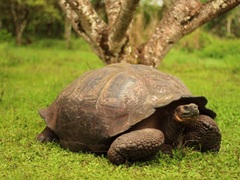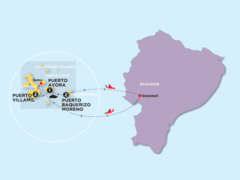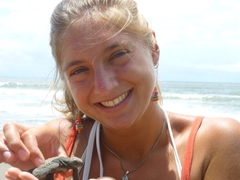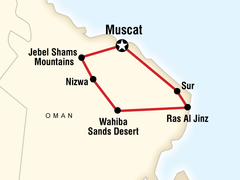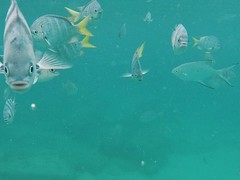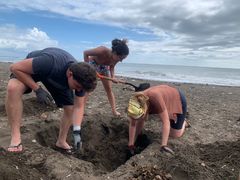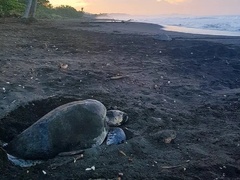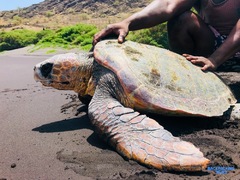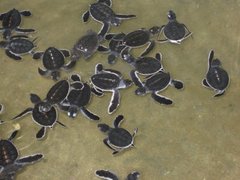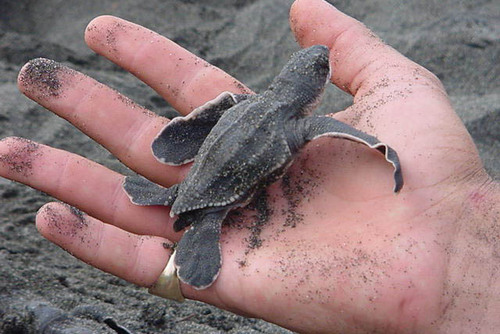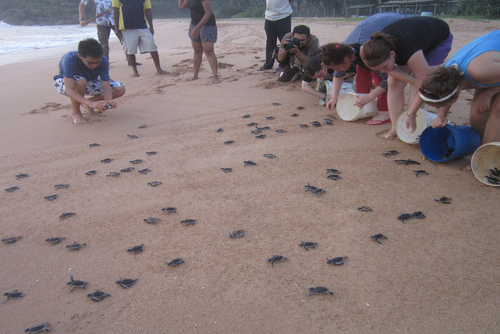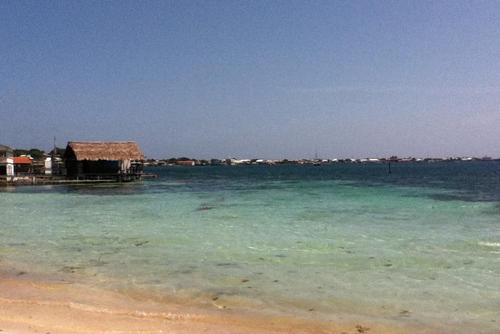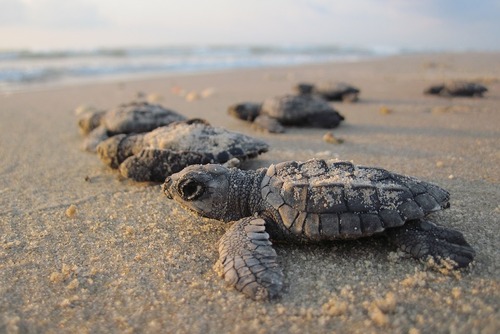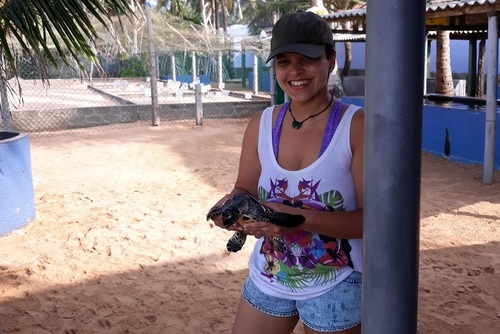As a volunteer, your primary role will be to patrol the beaches at night with other rangers in order to deter hunters and ensure the turtle can nest safely. During patrols, you will also assist with important fieldwork activities, including tagging and measuring turtles, and relocation and excavation of nests.
Volunteers are based in field camps with rest periods in apartments in Santa Maria. Volunteers work six days each week and will have 1 day/night off to explore the island, enjoy diving, surfing and other water sports, or just lay on the beach and relax
Requirements:
- Desire to participate in conservation
- At least 18 years old
- Understand written and spoken English
- Good level of physical fitness
- High level of energy and flexibility
- Able to cope with physically challenging conditions (camping, long walks, late nights, hot weather, insects)
- Ability to work and live with people of different backgrounds and nationalities
The islands of Cape Verde constitute the world’s third most important nesting site for the Loggerhead turtle (Caretta Caretta), one of seven marine turtle species found worldwide. This incredible species is a critical link in marine ecosystems, helping to maintain the health of sea grass beds and coral reef systems that provide food and shelter for a vast array of other marine life.
Unfortunately, human exploitation of this amazing species has brought them to the brink of extinction. In 2007 it was estimated that the Loggerhead population in Cape Verde would be extinct by 2015 if immediate actions weren’t taken to halt the illegal hunt and trade of turtle meat.
For the last 7 years, both international volunteers and members of the local community have worked tirelessly to ensure protection of the female turtle - by patrolling the beaches nightly throughout the nesting season, educating members of the community about turtle conservation, and working with the government to improve regulations. While the number of turtles killed has drastically reduced, the illegal poaching and trafficking persists.
In 2015, we aim to further empower the community to take action against the slaughter of nesting females, through direct beach protection, as well as grassroots education and engagement. As critical part of our team, you will have the opportunity to directly contribute to the conservation of this endangered species, and ultimately help build a more sustainable Cape Verde.
The project encompasses patrolling beaches (night and morning) to monitor nesting and deter hunting, data collection, research, working with tourists and local businesses, operation of hatcheries, education and outreach activities and beach clean-ups. The work is undertaken by local and international Rangers and volunteers. Although there is a wide scope of activities within the project, protection of nesting turtles continues to be the main focus and this can be stressful and tiring, but ultimately highly rewarding.
The usual nesting season is from June until October with hatchlings being born from mid-August until late December. The project is based in Santa Maria, a popular tourist destination known for its beaches and water-sports. Participants are based in field camps with self-catering accommodation in Santa Maria provided on rest days.
This opportunity will not only provide you with good experience of turtle conservation techniques, but also allow you to make a real difference to the survival of marine turtles. Your participation will allow for opportunities to be directly responsible for saving numerous nesting turtles and hatchlings, and to experience a high level of satisfaction from being able to rapidly affect the declining situation in Cabo Verde.


